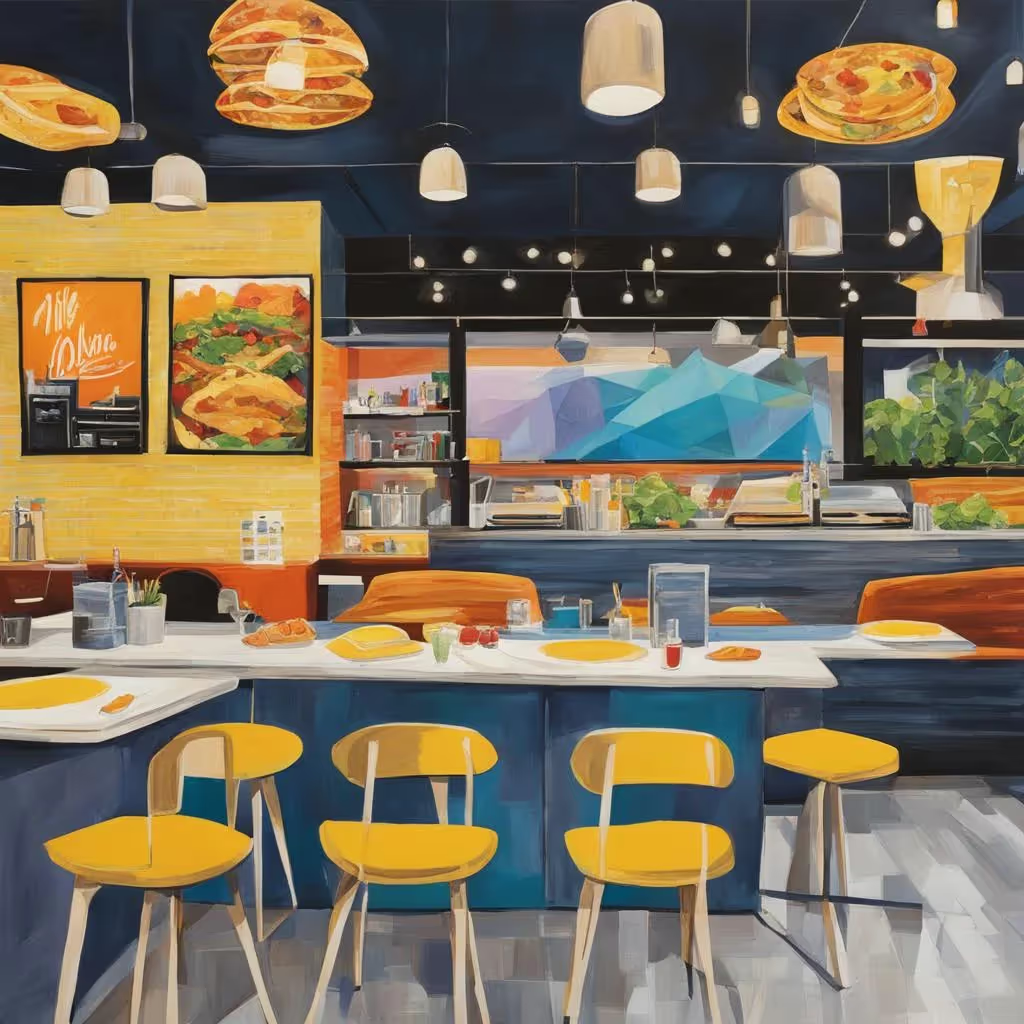Say “House Accounts,” and certain scenes come to mind—country clubs with uniformed servers, or jacket-required meals in New York City’s most famous dining rooms.
House Accounts are a model in which a restaurant’s best customers can sign for their bill after dining, with the understanding that they’ll pay a tab later on (usually at the end of the month). The term has always carried a certain caché, because House Accounts are fundamentally about relationships—future business is implied, there’s trust between the guest and the restaurant, and guests and restaurants alike can avoid the awkward transactional moment of paying a bill.
Crucially, these days House Accounts aren’t only for the rich and famous. Here, we take a look at the history of House Accounts and how they fit into the lives of today’s credit card-holding, app-downloading consumers.

Why House Accounts?
In the mid-20th century, House Accounts offered something for restaurants and their most loyal guests. By allowing guests to run a tab, restaurants elevated them to VIP status, making them feel like part of a club. Regulars could impress friends and colleagues by leaving without paying a check. For their part, restaurants had an effective way to woo their best customers and keep them coming back night after night.
Once credit cards entered mainstream consumer habits, it was just as easy for guests to use cards as house charges. Cards also saved restaurants the unhappy process of collecting overdue bills. House Accounts lost favor—but they didn’t disappear entirely.
There’s reason to believe that many restaurants still offer House Accounts to select customers. In 2006, restaurateurs including Michael Kornick of MK and Michael Mormando of La Strada spoke to the Chicago Tribune for a piece about a House Account “revival,” explaining that they extended the privilege only to their best (and usually business) customers. Restaurant analysts acknowledged that the charge system was picking up in cities across the country. Three years later, Grub Street published a short interview with Evan Lambert of Savona restaurant on the practice, after another operator declined to comment.
These articles, though, are the exception. While some restaurants do continue to allow House Accounts, they typically don’t publicize them, so it’s hard to find credible information. If you know, you know—and if you don’t know, you’re probably not the customer who’s going to get one.
After all, the model’s exclusivity is what makes guests feel special and builds loyalty. As Kirsten Henri wrote in Grub Street, “pretty much anyone can get a credit card, but not just anyone is eligible for house account status.”

Loyalty without exclusivity
In the past, a House Account may have been a way for VIPs to show swagger with fellow diners, but today restaurants and guests are more motivated by relationships. Which begs the question: how can people enjoy the benefits of House Accounts—being greeted by name, snagging the corner booth, or skipping the check—without the exclusivity?
Guests with House Accounts tend to have a more familiar rapport with restaurant staff. As chef Michael Kornick told the Tribune back in 2006, "The benefit for customers is its convenience and that the restaurant knows your preferences, what drink you like and what table you want," he said. "It's about making it personal.”
While it’s tricky to find reliable information about how restaurants use House Accounts now, we know they aren’t only for people with suits and cigars. In a thread on the seller community for Square, a leading payments platform, operators sought tools for creating House Accounts. Multiple owners wrote that they use House Accounts for students, for their own employees, and for people working in their office buildings.
Within the Square community, electronic gift cards are a frequent workaround for House Accounts. But those can fall short—paying with a gift card isn’t quite the same as waving goodbye to a server who can add that drink you just finished to your tab. What people really want is to feel like regulars at their favorite places.
That’s why the future of House Accounts isn’t about exclusivity, but community. With Per Diem, businesses can recognize their best customers, place orders seamlessly, and build deeper relationships. Guests get deals at their favorite restaurants, and an experience that makes them want to come back again and again. Plus, they can pay it forward and treat a friend—making that community just a little bit bigger.


.webp)


.webp)
.png)
.webp)

.avif)
.webp)
.webp)
.webp)

.webp)










.png)
.png)







.svg)
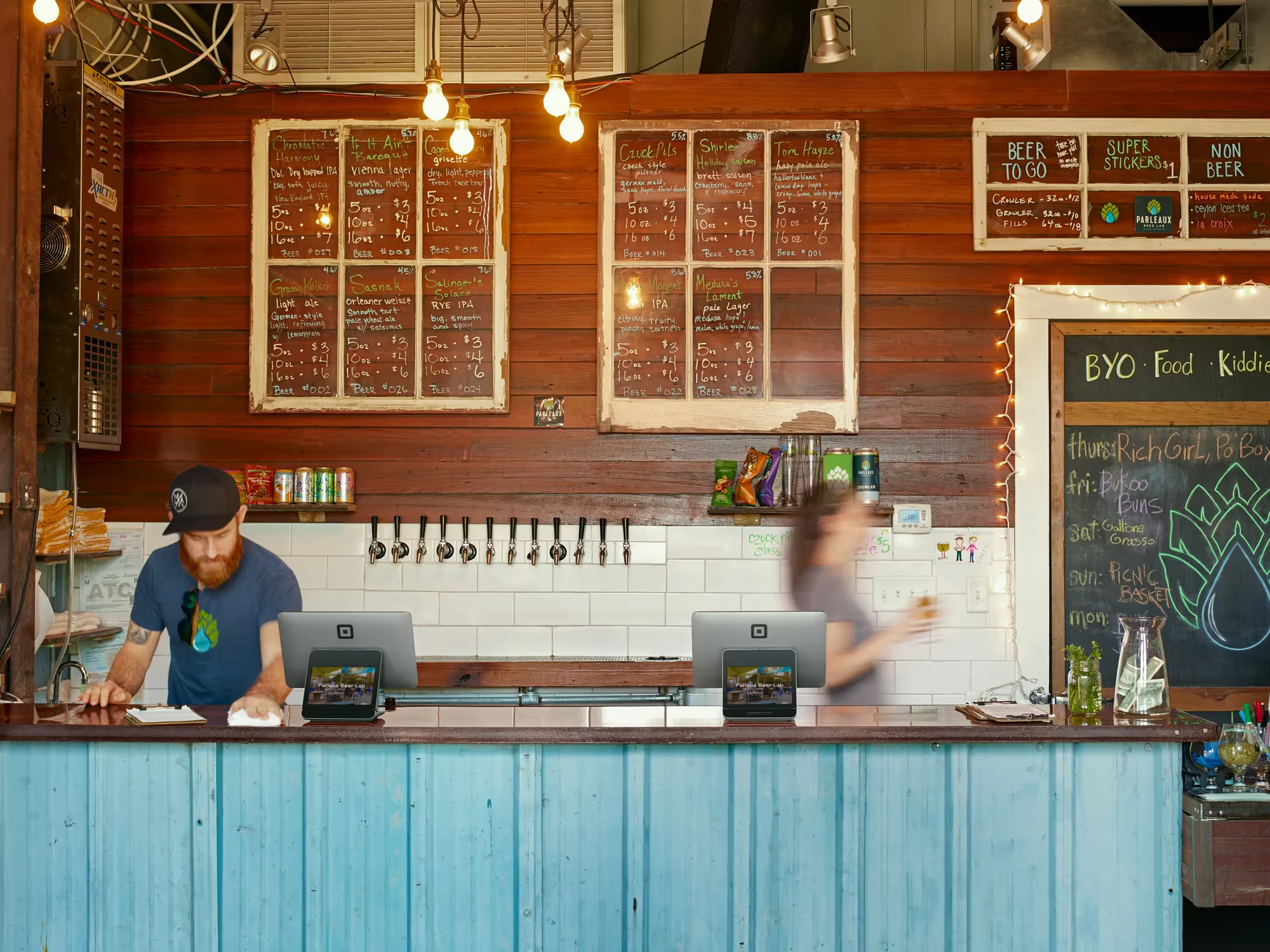




.svg)
.svg)
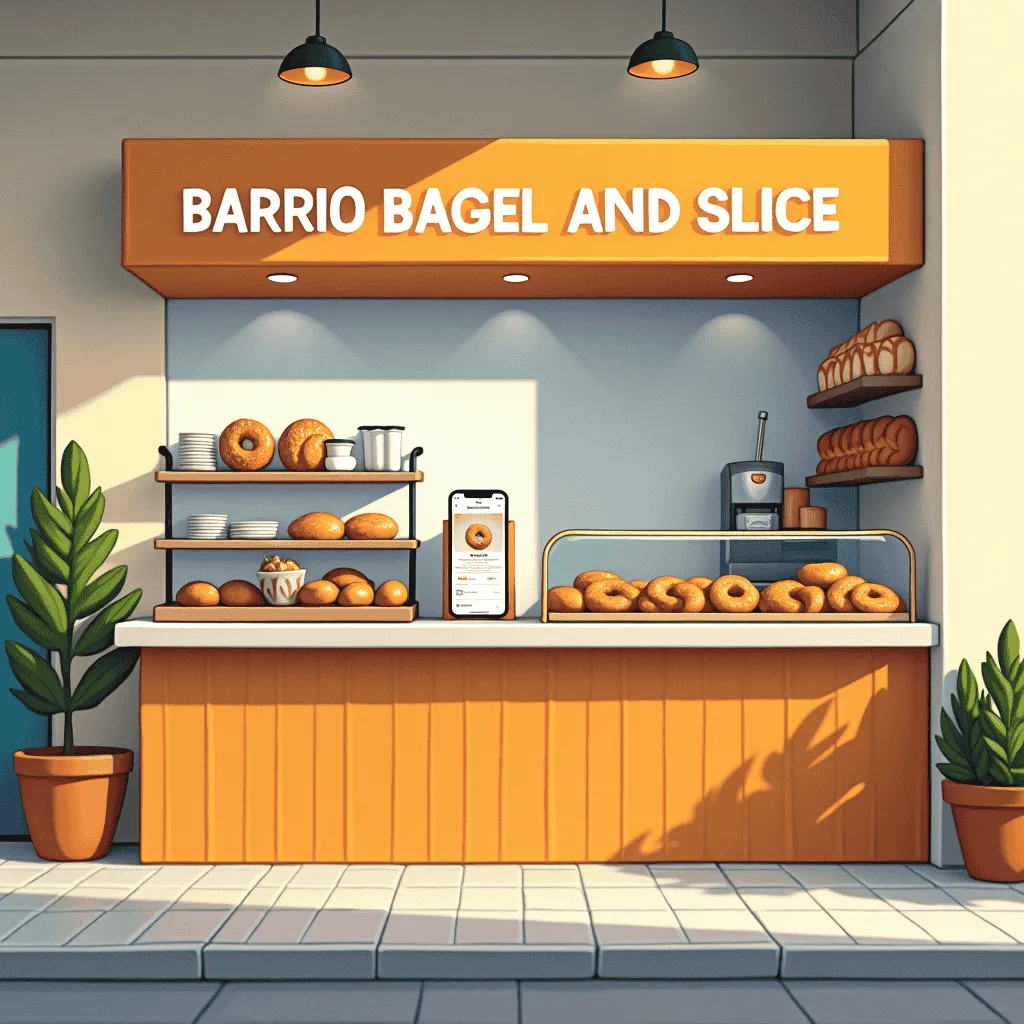


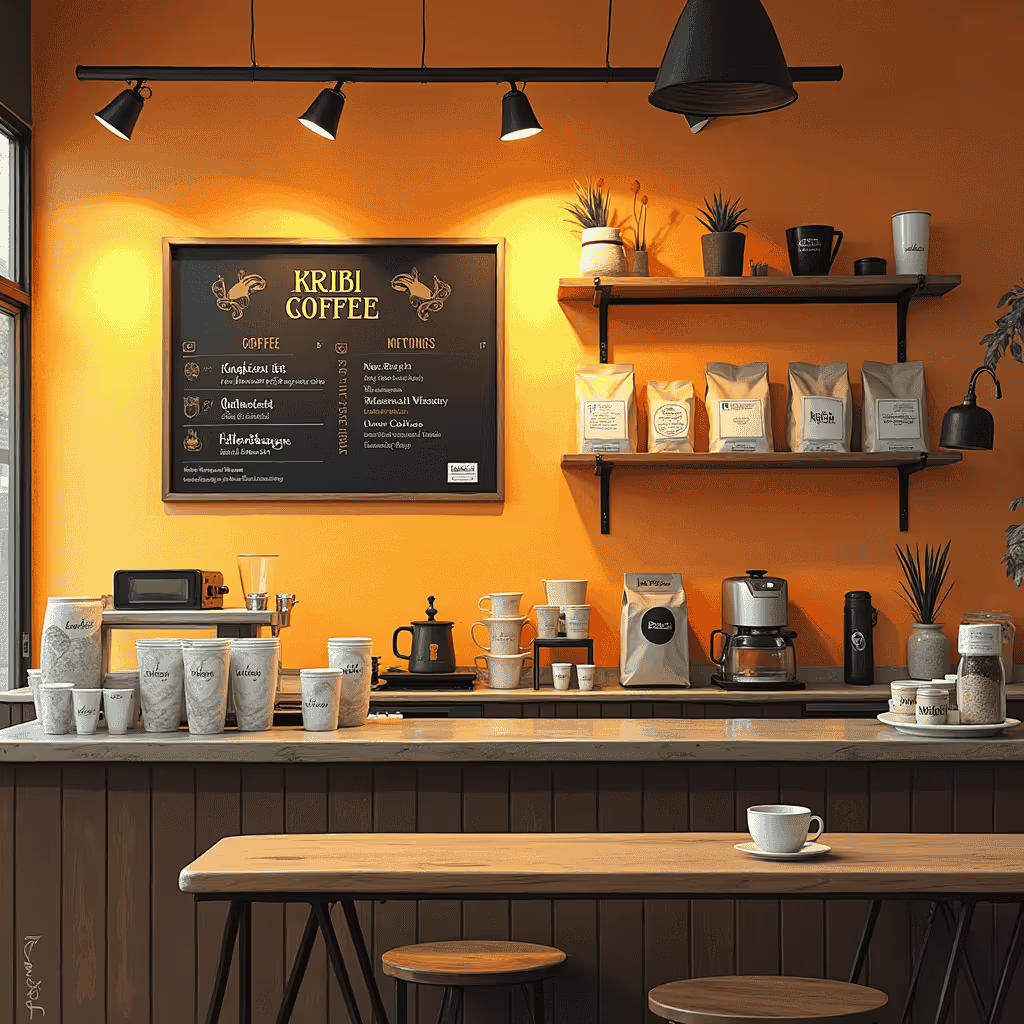
.avif)

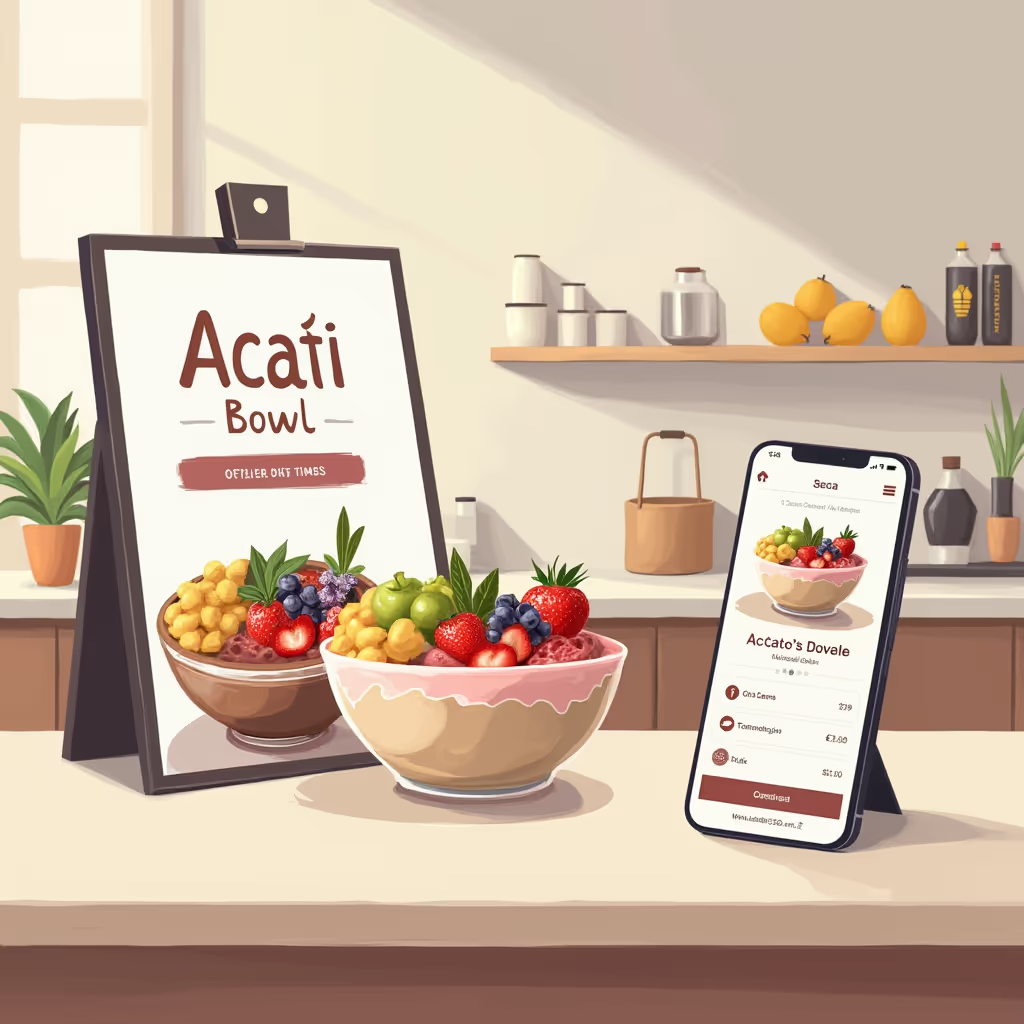

.avif)
.avif)

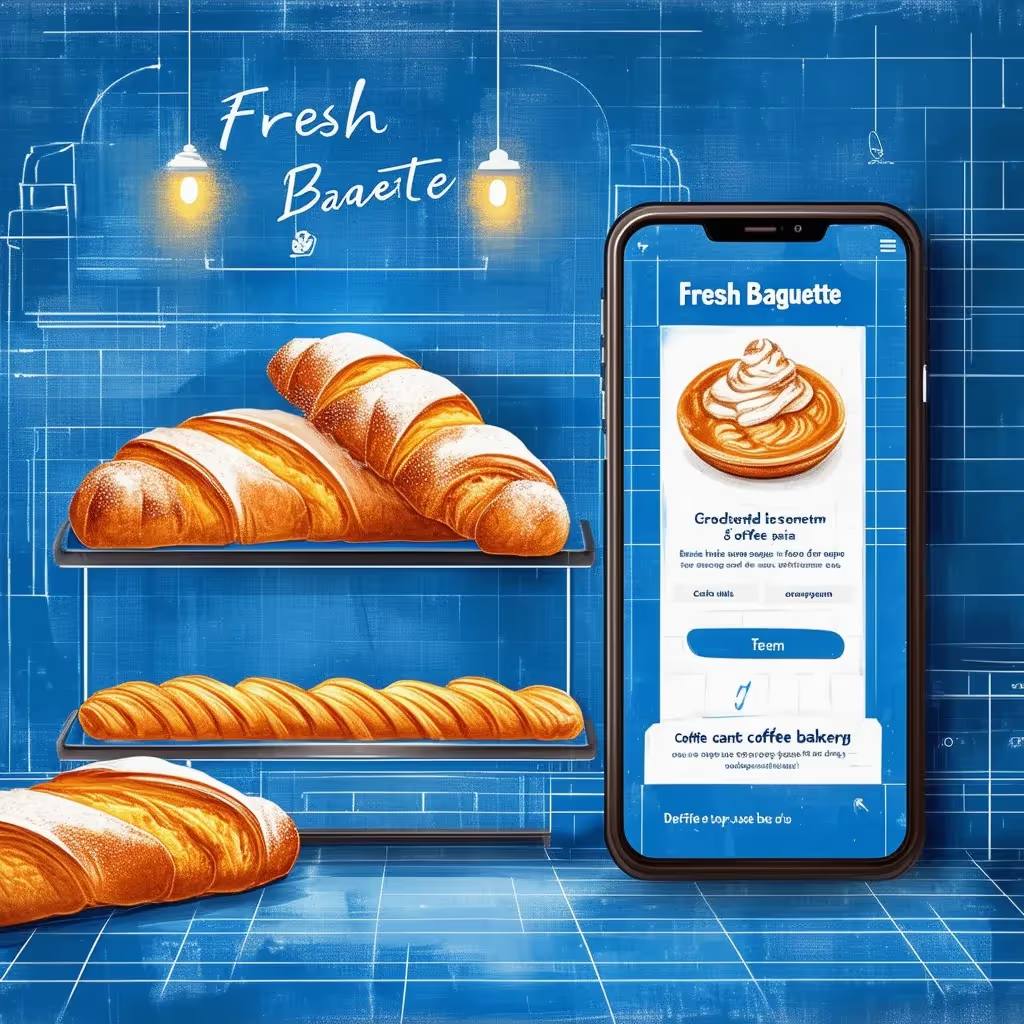
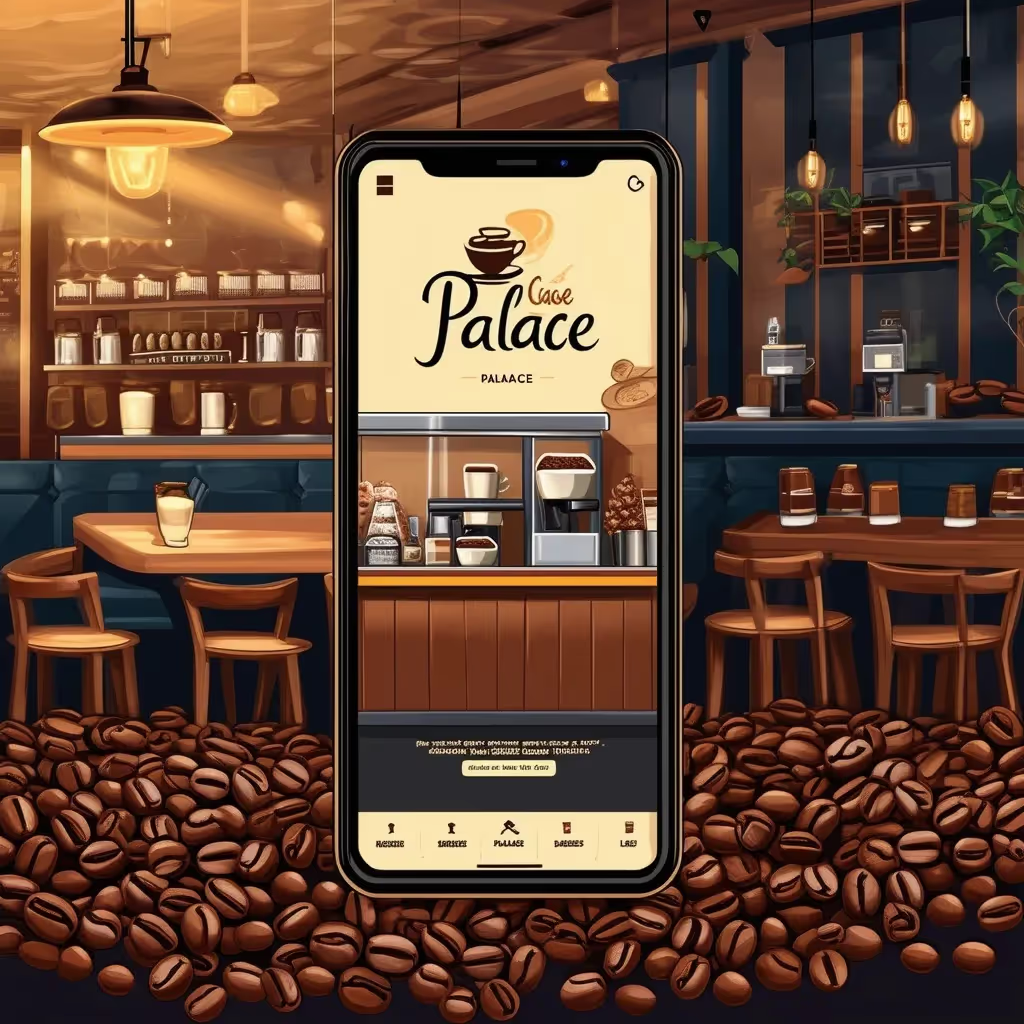
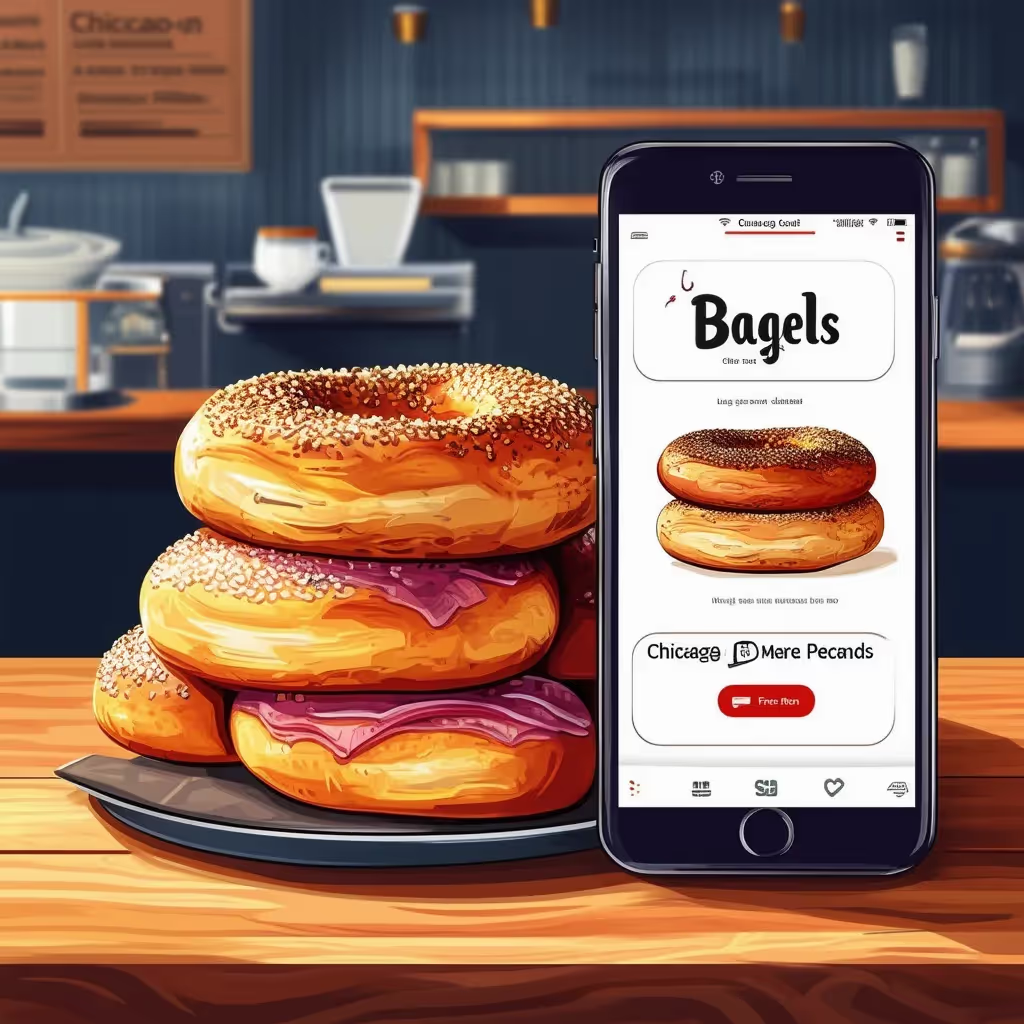
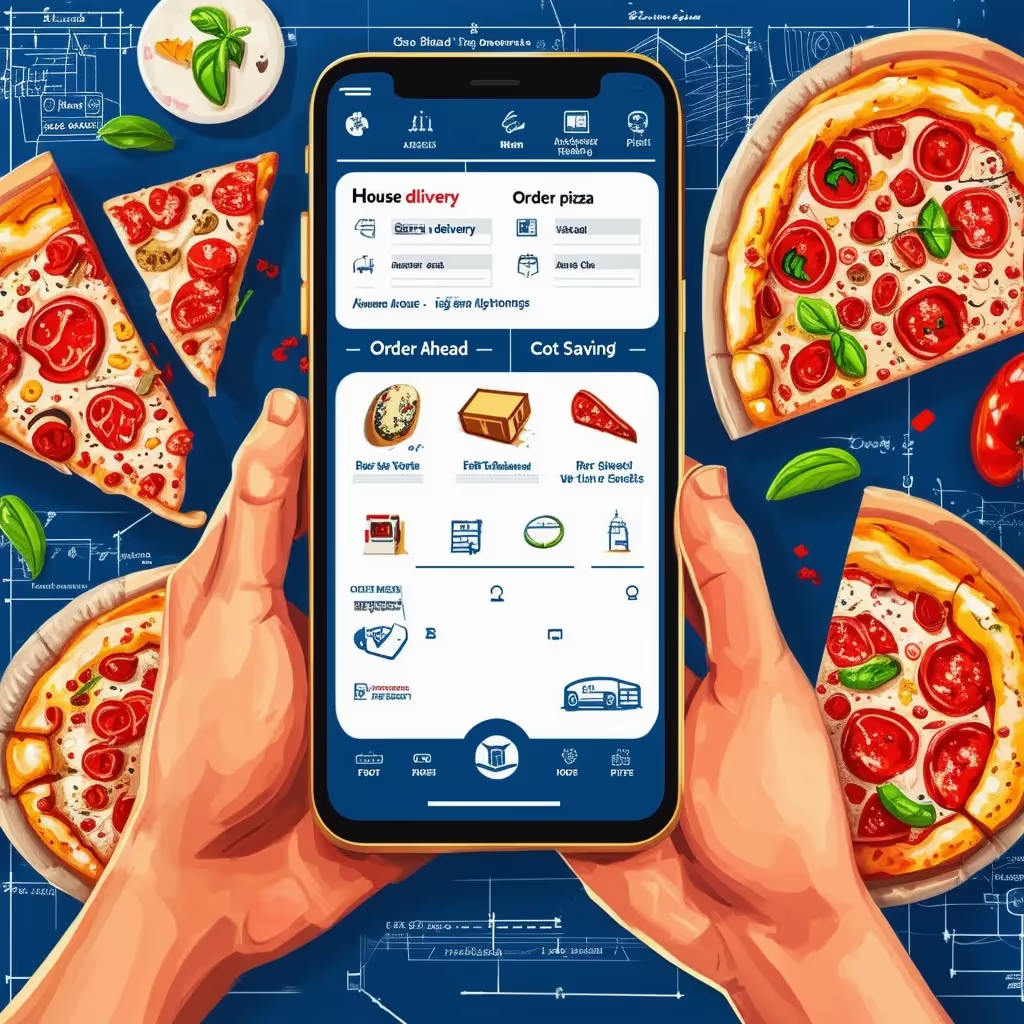



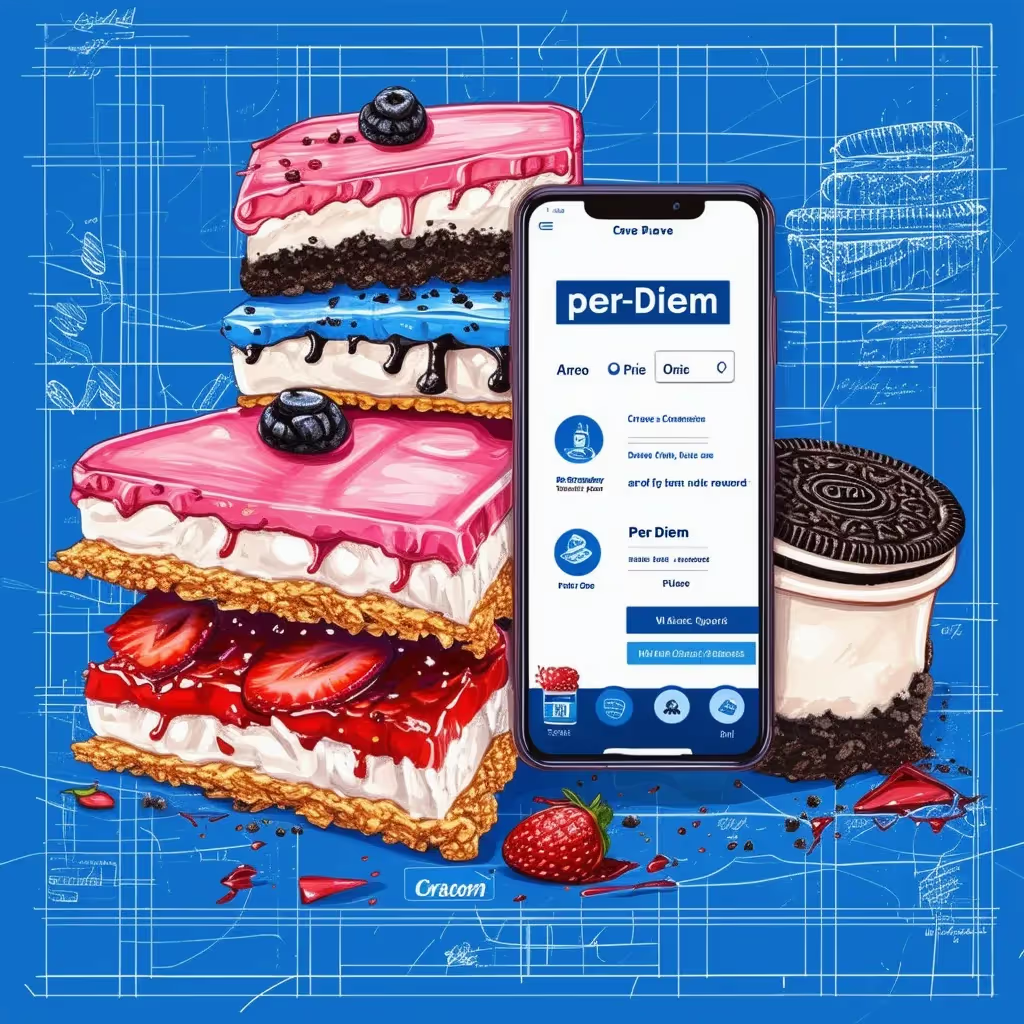
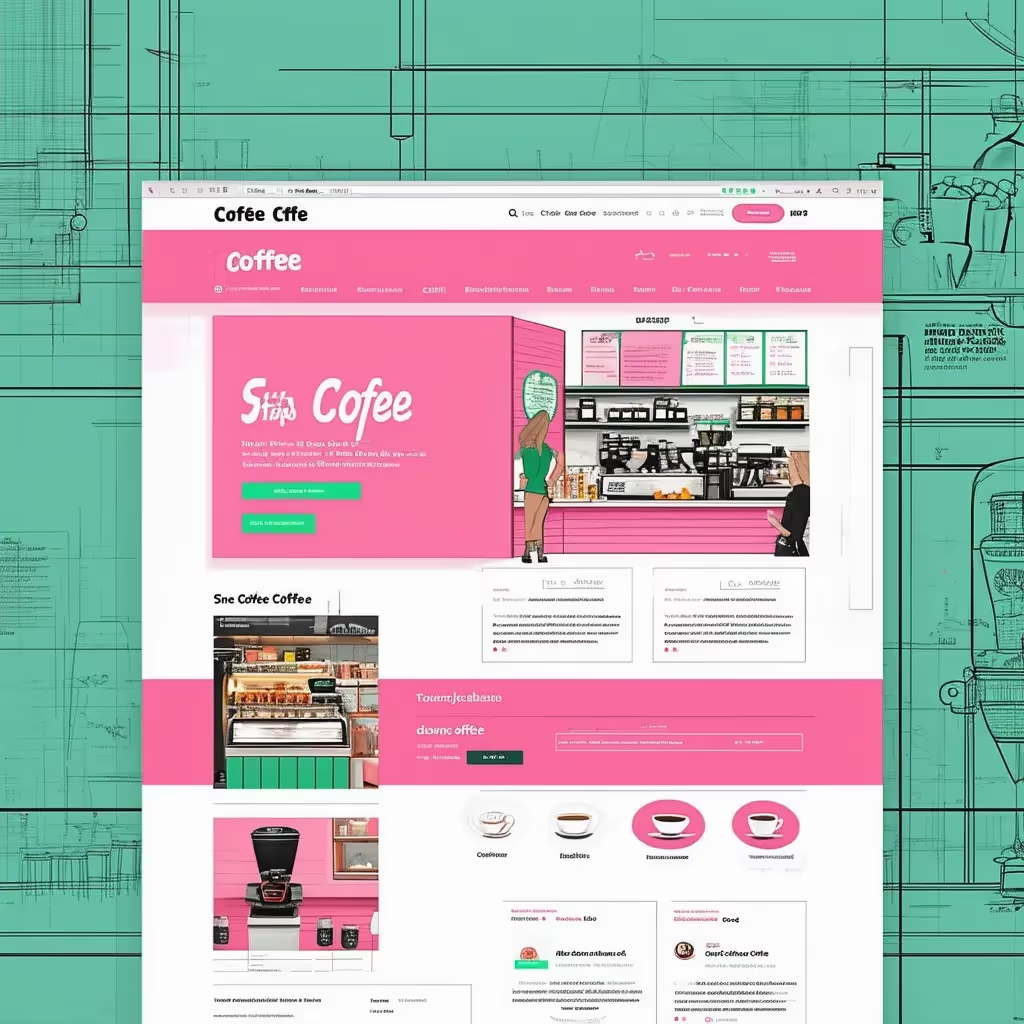
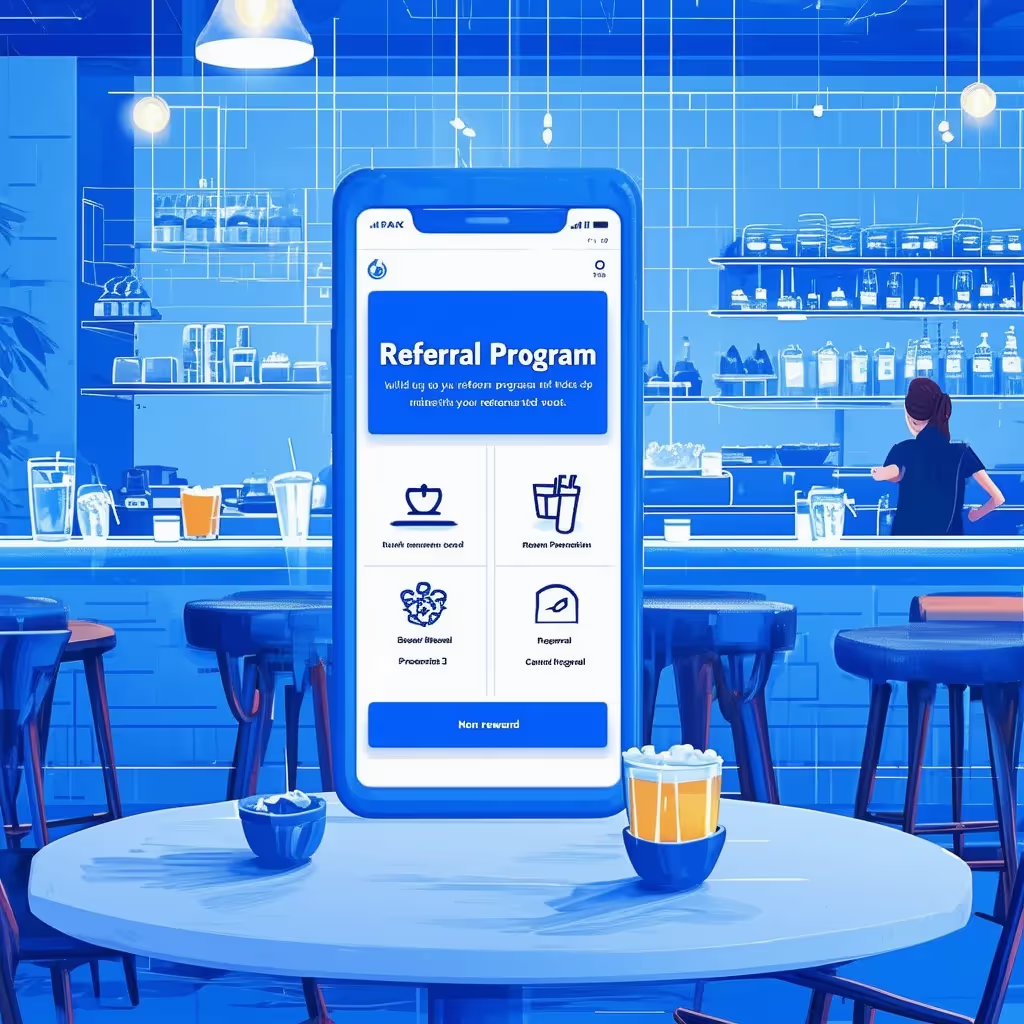





.avif)




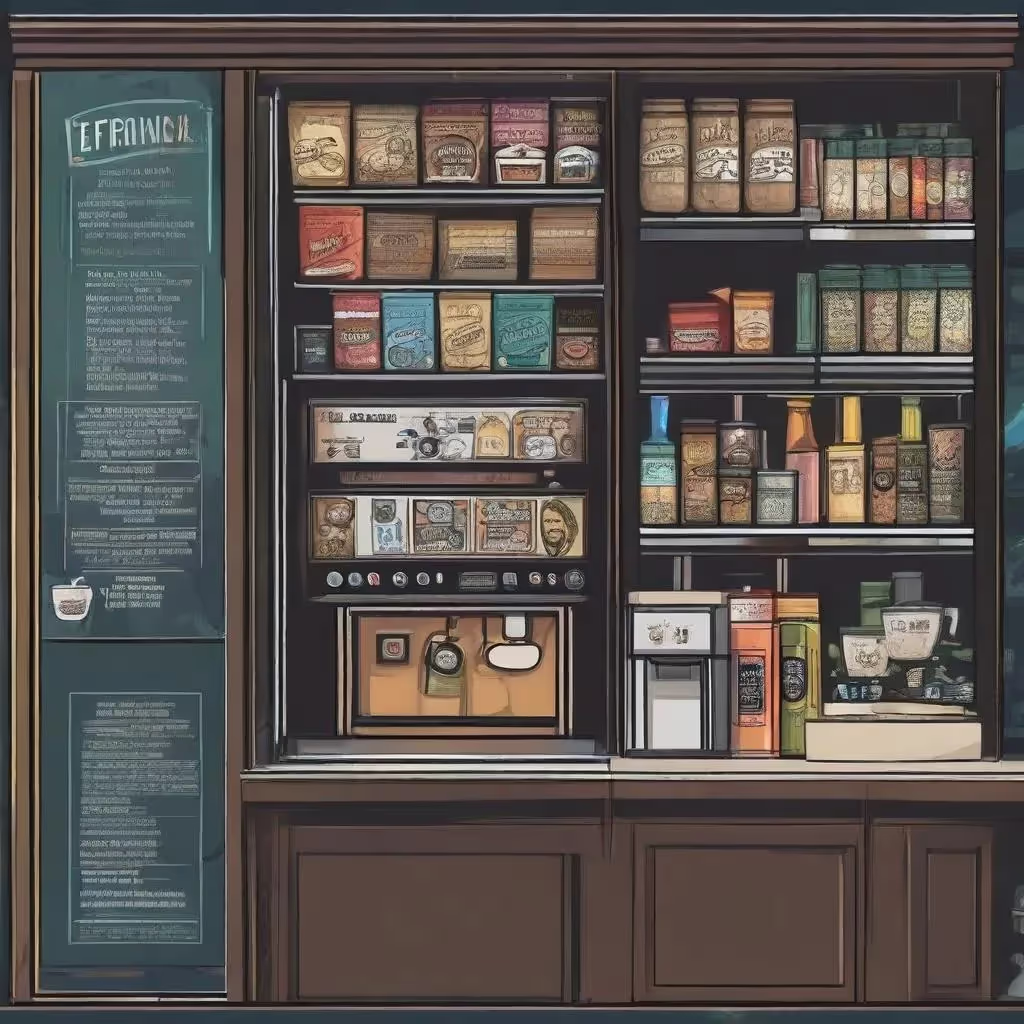
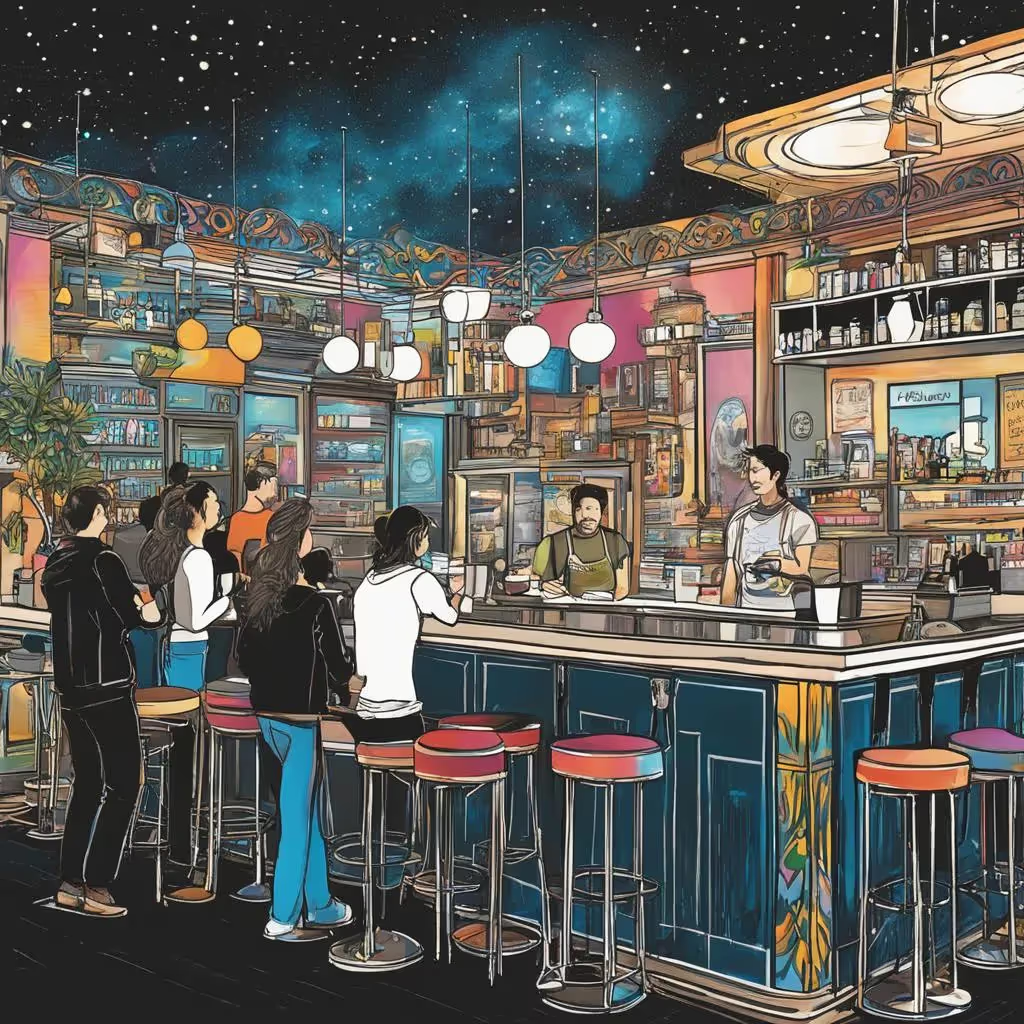


.avif)

